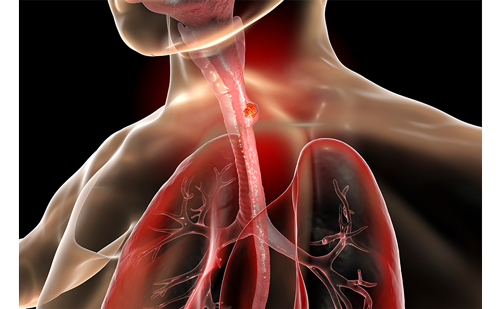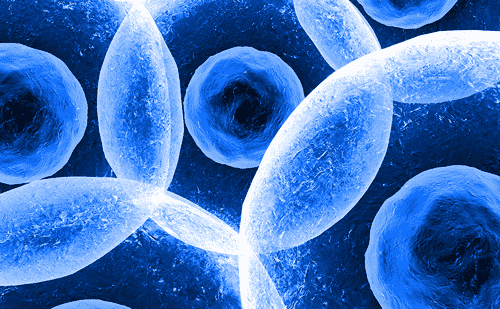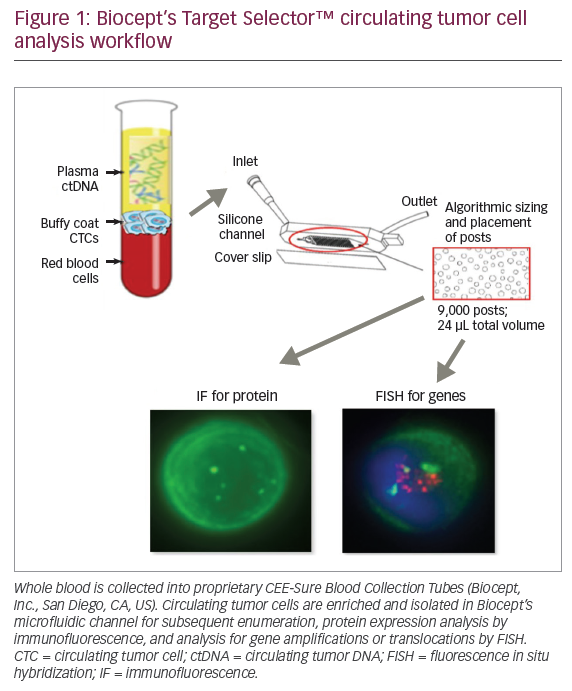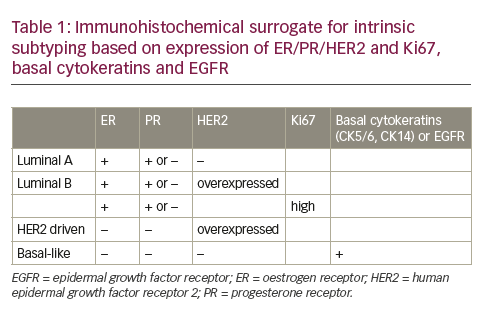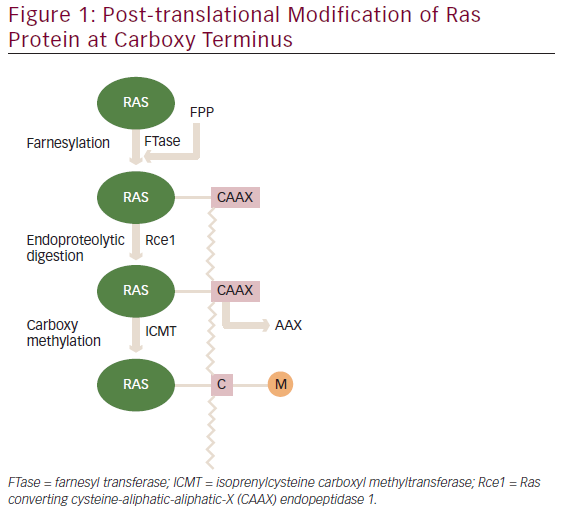Molecular diagnosis and screening of cancer can be approached either in a broad, high-volume manner, or through using targeted, informed searches for specific genes. Technique selection will be critical in balancing patient benefit against healthcare resource cost, and physicians will need to consider how to prioritise their investigations in order to support accurate and efficacious treatment selection. In this expert interview, Professor Sir John Burn provides insight into the role of molecular diagnostic techniques in the management of cancer.
Q. What are the key unmet needs in the clinical approach to understanding and diagnosing cancer?
The key unmet needs in cancer stem from the lack of recognition that cancer is a genomic disorder and that all cancers result from impaired control of cellular division. The effective management of the disease requires understanding of the molecular drivers of the particular cancer. However, there are major challenges in acquiring this understanding. For example, most laboratories are not set up to focus on DNA analysis of the tumours they process and there are technical challenges in obtaining enough samples from across a cancer to build a full molecular picture. Multiple samples are important because cancers are constantly and rapidly evolving, meaning that there are different clones and different molecular drivers within a cancer.
Q. What are the key molecular diagnostic techniques and
how will they help address unmet needs in cancer detection
and monitoring?
In some form, genomic analysis has been applied to cancer since the early 1900s, when it was postulated that chromosome abnormalities might be linked to cancer. Initially, there was a reliance on a ‘19th century’ approach to analysis, with investigations involving sample staining and microscope analysis. In the 20th century there was a move towards assessing underlying genomic problems in the cells. In terms of ‘where to look’, chromosomes yield important information in some cancers (for example, chronic myeloid leukaemia, which arises from a relatively simple chromosome abnormality); however, there is an increasing need to examine the individual genes. Whole-genome sequencing provides a sophisticated examination into what is driving a cancer at a molecular level. In practice, the challenges of this approach include how to incorporate long-read and short-read sequencing techniques into cancer management in a timely and affordable manner.
Q. What are the barriers to adopting molecular diagnostic techniques, and is their uptake widespread or variable?
There are three barriers: minds, time and money. The challenges with mindsets include physicians that remain attached to assessing cancer as an anatomical, rather than genomic, disease. Also, specialists who excel in treating specific pathologies (for example, a physician who provides outstanding management of colon cancer, but whose skills do not translate to breast cancer), could contribute to missed opportunities in comparing cancers or using tumour-agnostic therapy. It is important to include molecular testing as part of the treatment strategy for cancer.
The challenges with time stem from the fact that the necessary techniques are relatively slow to perform, especially when taking broad or generic views of a cancer. This leads to a diagnostic
decision between targeting individual candidate drivers, versus fully mapping the cancer. Where full examination is possible, there must be a practical compromise between the cost associated with an individual investigation and the impact on the overall cancer healthcare budget.
Q. What is the likely future role of molecular diagnostics in cancer – is widespread adoption likely and will this lead to more efficient diagnosis and rapid treatment?
There are perhaps two cancer management approaches: high-volume, high-throughput screening with a use of bioinformatics to prioritise the findings; or a more targeted search for information, based on an understanding of likely drivers and available treatments. Whole-genome sequencing holds great value in the research setting, but routine practice is likely to focus on specific diagnostic tests.
Q. What were your key take-home messages from the European CanCer Organisation (ECCO) 2019 Cancer Summit?
There is a need to understand how to achieve diagnostic precision, and this starts with molecular diagnosis. This is essential as new drugs are being developed, that are both efficacious and expensive, and will require accurate patient selection and tumour targeting.
The declaration at ECCO to eradicate human papillomavirus cancer by 2030 was welcome – the development of bedside diagnostic techniques will facilitate this in a rapid, affordable fashion.

